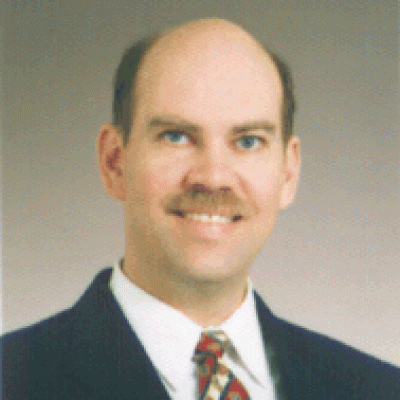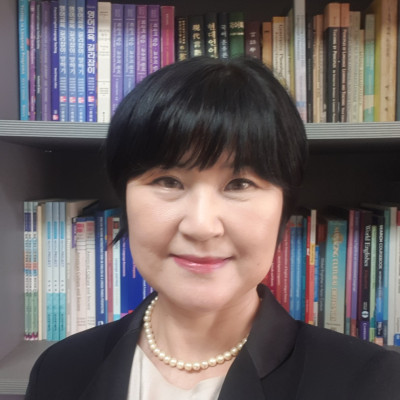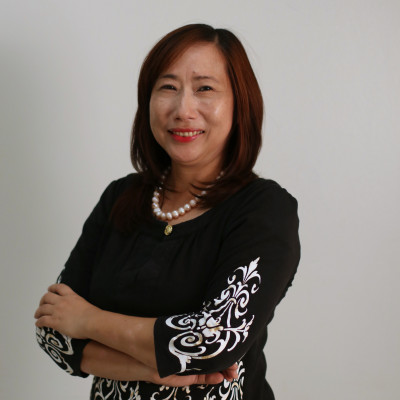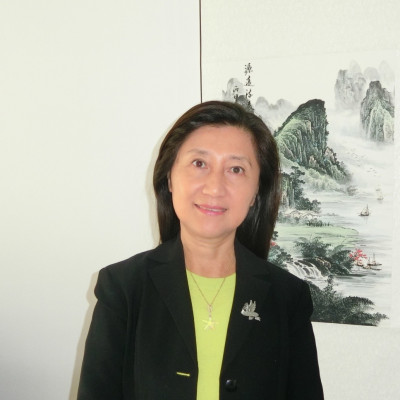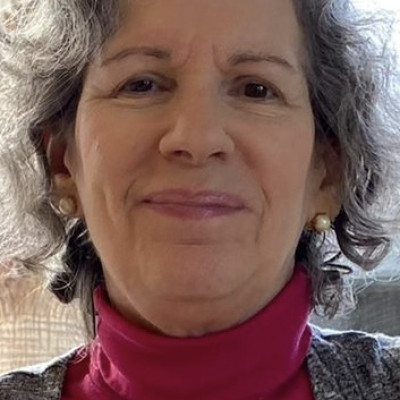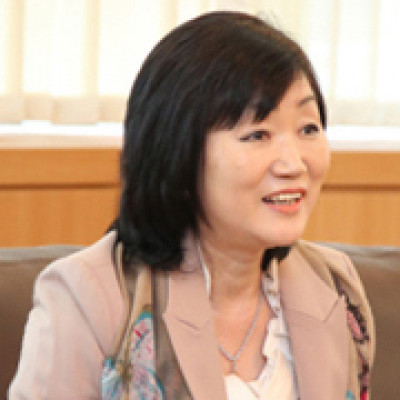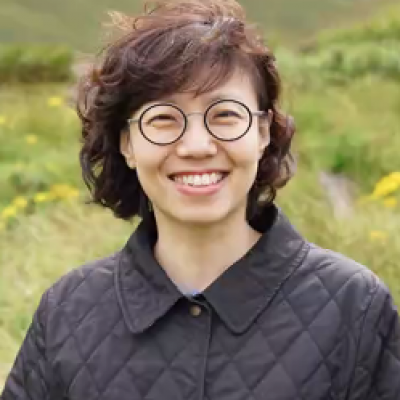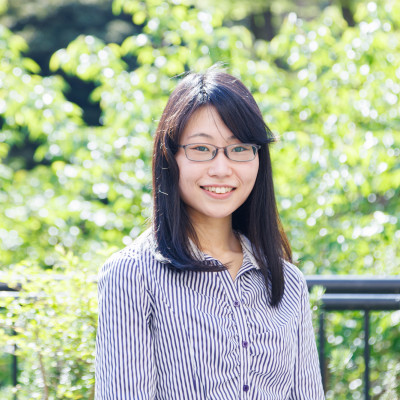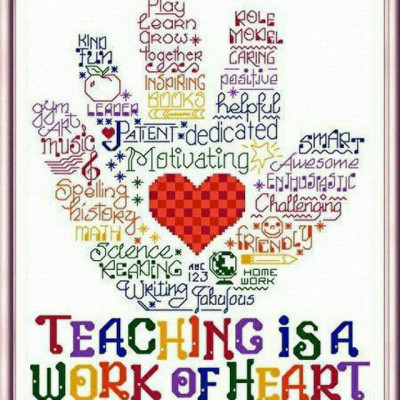Sessions / Teacher Education / Professional Development
Exploring Flipped Learning Through Preservice Teachers’ Experiences and Perceptions #3097
This qualitative study explored preservice teachers’ perceptions of flipped learning in the post COVID-19 era. Thirty EFL preservice teachers participated in survey research; fifteen of them joined the interviews in this study. For data analysis, survey data were analyzed along with descriptive statistics (e.g., means, standard deviation, and percentage). Then, thematic analysis was used to analyze the interview data. Thematic analysis is a useful way in exploring recurring themes and patterns in qualitative research. The findings revealed that the preservice teachers deeply considered flipped learning useful for self-regulation and autonomy. They also discussed the advantages and challenges of flipped learning. In terms of online sessions for previewing, however, they perceived the need for instant feedback from their professor and interactions with their colleagues. Lastly, the preservice teachers argued that the online sessions before the class should be closely connected to their learning in class. Pedagogical implications are also discussed in this study.
How Monolingual Teachers Can Run a Bilingual/Bicultural Story Time #2992
This study presents how multi-language and culture-focused story time would support English learners develop their dual languages in early childhood education (ECE) settings. Monolingual teachers who are native English speakers at ECE are only using English and American Culture for English learners in their classrooms. Two monolingual teachers and two bilingual teachers participated in conducting a bilingual and bicultural story time while co-selecting books and collaborating with the researcher. In the bilingual story time observation and practices, teachers showed the possibilities to well incorporate home language (e.g. Arabic, Spanish, Korean) with English and how to expose English learners to diverse cultures, which can be seen in their communities. Especially, how young children have been empowered listening and speaking their home languages and cultures at school. This research made teacher raise their awareness of the importance of language-focused education for young children and contribute to teacher education at ECE in Korea.
Teachers Helping Teachers Teach for a Better World #2807
"No man is an island" it was written. Ignoring the dated language, the sentiment was for community-building. While many in the ELT world pursue improvement in their own classroom, "it takes a village to raise a child." Here I will argue for the teaching village, supporting each other, to raise standards and support teachers. There will forever be novice teachers, and in Korea, that can mean those with minimal or no training/education in the field (I was one). As a "Community of Practice" -- Teachers Helping Teachers -- we can educate and support teachers to meet professional standards. This paper will explore cases of teacher organizations around the globe, particularly in EFL settings (emerging circles of English), and how a teachers' organization can support teachers, and how teachers can support organizations that support teachers. Conferences/Seminars are only the beginning! Combining our scholarly literature, contacts with other TESOL-type teacher associations, and surveys of members and stakeholders in ELT around the world provides invaluable insights often missed in narrower perspectives. The ultimate outcome in contemporary ELT is not simply students learning English, but improving society through English teaching. More than grammar, vocabulary, and pedagogy. Teachers and organizations of teachers can make that happen.
ELT Professionals for a Better World: Lives of Leadership and Service #3116
Invited Panel
In this 50-minute panel discussion, five esteemed female leaders in ELT, all nearing the end of their formal careers in education, will reflect on their respective paths. They’ll share stories of their growth as educators and leaders; look back on the decisions, motivations, and inspirations that shaped them; consider their own impact, including how their life’s work has contributed to improving the world; and offer thoughts, insights, and suggestions for future generations of leaders seeking to make their own mark in education–and on the world.
Overcoming the Limitations of COVID-Affected Classes Through Educational Technology #3095
KOTESOL MCALL SIG
COVID-19 has left a lasting impact on education. Shifting between offline and online classrooms midcourse, faculty and student attendance issues, and ever-changing schedules are just a few of the many problems educators and students have had to cope with. The goal of this round table discussion is two-fold: to share our experiences to get a better understanding of the issues we face and to discuss resources we can use to overcome these challenges.
The discussion will be moderated, and all attendees are encouraged to prepare at least one challenge they have faced in their classes this past year. They are also encouraged to prepare a brief, two-minute presentation of an app, website, device, or other tool that has enhanced their students’ learning. Educators of all subjects and grade levels are welcome to attend.
Korean English Teachers’ Professional Development Needs: National Survey #2996
This talk identifies Korean English teachers’ (KETs) continuous professional development (CPD) needs, drawing on a three-country comparative study (South Korea, Japan and China) commissioned by the British Council. We start with a brief introduction to the comparative study and the national survey. We will then discuss KETs’ current CPD practices, the reasons they engage in CPD and their perceptions of the existing provision. More importantly, we present KETs’ CPD needs and factors that influence their decisions to participate in on- and off-line CPD. The large-scale study makes original contribution to research on CPD, generating insights into KET’s CPD needs under the pandemic, such as desired contents and methods. The findings show the interaction between the context and the needs. We will make specific suggestions to better support KETs, which will help the government and CPD providers with designing and delivering CPD programmes, in Korea and beyond.
Training Teachers for a Better World: Cross-cultural Pre-service Teacher Perspectives #3122
In this cross-cultural panel, pre-service teachers, recently graduated teachers, and students in TEFL/TESL programs will discuss their training programs and personal motivations for becoming teachers. What are the priorities and values of teacher-training programs in different parts of the world? How are these programs structured, and what do they emphasize? Why do these young professionals want to become teachers? How do they envision themselves helping to make a better world–and do the training programs adequately support these motivations? All these questions and more will be briefly explored by panelists from Cambodia, Indonesia, Korea, and the Philippines.
***** Panelists: Both Champa, Phan Makara, & Thorn Va (University of Applied Research and Development, Cambodian Cohort, Siem Reap, Cambodia); Ragil Afriansah & Rizky Uly (Nusa Cendana University, Kupang, Indonesia); Jihyun Sung (Sookmyung Women’s University, Seoul, Korea); Mary Gertrude Lorenzo & Enrico Pelino (De La Salle University, Manila, Philippines)
Online Flipped Learning Approach for Improving Communicative Competence, Collaboration and Student Engagement #2670
This workshop presents Helaine Marshal’s (2017) Synchronous Online Flipped Learning Approach (SOFLA), developed specifically for online and hybrid classes. The presenters have adapted the SOFLA framework in Online F2F school and hybrid college curriculums and online Business Managers’ Courses. SOFLA has been beneficial in improving student autonomy, participation, and independent communication. The workshop will first discuss what kind of activities should be moved out of class and what should be practised during class to maximize comprehension, retention, collaboration, and communicative competence. Participants will then be encouraged to share their curriculum limitations and discuss solutions. Finally, examples of using technology to monitor student participation and interaction covertly and provide formative assessment are presented. This workshop demonstrates the benefits of the SOFLA framework, how lesson time can be more effectively used for communication and how the roles of teachers and students change throughout the SOFLA process.
Different Types of Innovations in English Language Teaching in Primary Schools #2902
The paper reveals a variety of innovations that help and encourage teachers to reinvent their teaching methods in the process of teaching English as a second language in primary schools. They include fun games, new types of gamification and new technologies. The study shows the issue of innovations in the language teaching process, it should be started that English language teaching is significantly evolving under the influence of technology advances at schools. Mobile devices, Kahoot, Multimedia, Linoit, Tyto and other new online platforms have gained popularity as tools for teaching English and contributed to the current changes in the teaching process. As defined by Pam Vachatimanont (2021), today's children are digital natives. Definitely, pupils can use such kind of new platforms or new technologies at home to learn a language too. These are great free applications have been designed to make English learning and revision into an engaging, enjoyable and addictive games for young learners. The teacher who is perceived as a user, creator and a transmitter of new knowledge enriches the information resources of didactic and educational practice and on these basis designs (and implements) new solutions, contributing to the development of education and upbringing, making up pedagogical progress (Schultz, 1989). As a result, the teacher's role is the most significant in the use of innovations in ELT in contemporary schools. The main purpose of the study is to highlight the importance of using various innovations in the language classroom. It is conducted on the basis of literature review. In the presentation, the researcher defines the term innovation, teacher’s role, explains the scientific problem, research methods, expected results and states the main recommendations for the better use of various innovations.

